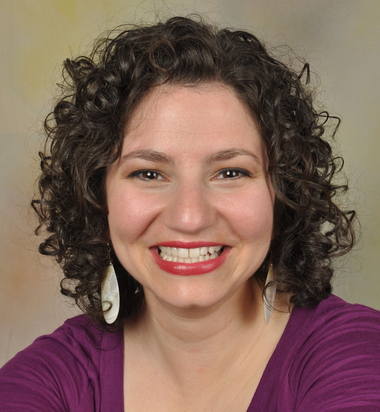Surprisingly, in praise of Andrew Jackson

by Jennifer Seal
Gayly Education Columnist
He wasn’t all bad. Andrew Jackson, known both famously and infamously for his deeds both in and out of the White House. He is better known to many in our state as an “Indian Killer” – or generally a scoundrel when it came to First Nations diplomacy (this despite his having adopted a Native American son).
But Jackson’s attitudes and spirit were the inspiration for a whole era dubbed Jacksonian Democracy. The concept saturated American life in the early to mid-1800s. Rotation of office, championing the common man, the creation of a lasting two-party system, and certainly the allowing of all white men to vote, had their own impacts. But the greatest gift that Jacksonian Democracy gave to our nation is free public education for all children.
Prior to this period, a basic education was only given to a privileged few. A university education literally was unthinkable for the vast majority. I’m talking, like 99 percent of Americans. For a variety of reasons, few people ever set foot in a class beyond primary grades. People paid for all levels of school. They often bought their own books and had to find their own way to get to school well into the early 1900s. They had no choice but to bring their own lunches to school.
As the nation’s economy changed, so did the educational needs of its people. Little by little, schooling became more of a necessity. Some cities began to support it with their own tax dollars, believing that having a basic education for all people was in the public interest. That sentiment wasn’t widespread until the Jacksonian Era, owing to the “democratic” spirit (note the small “d), a founding principal in the United States.
The idea of a free public education sprung from expanded voting rights. Americans began to realize that if one is to have the right to vote regardless of property (as was the case before), then one must also be able at the very least to read the ballot. But these new voters were not wealthy and were therefore unable to acquire formal schooling. It was this puzzle which led people to the concept of a free public education. Put more directly, our democracy would not survive if people were unable to understand the issues of the day, and consequently make an informed choice at the ballot box.
Having a democracy in which more people could climb the economic ladder, could vote and even hold office despite their coming from meager beginnings, as Jackson did, demanded some level of tax supported education.
It seems that all too often today we are forfeiting our responsibility to this concept. We leave children to fend for themselves, thereby failing not only them, but the very core of what we claim is our founding value, democratic government. What gets lost in today’s debates of charter/voucher, armed teachers, and sex-ed is this less sexy yet far more fundamental debate: are we going to continue to offer a free public education to all children, or are we going to abandon a 150 year tradition? Whether the sentiment is transparent or not, some are actively working to ensure we choose the latter, to be sure.
Though Jackson arouses strong sentiment on both sides of the “good President/bad President debate”, I will gratefully give him thanks for inspiring public education. For truly without this, we cannot hope to hold onto our nation’s fragile democracy. As Thomas Jefferson said, a civilized nation that was both ignorant and free “never was, and never will be.”
Jennifer Seal, a Nationally Board Certified Teacher, was Oklahoma's History Teacher of the Year in 2010. Currently, she works for the American Heart Association while helping her husband Greg with their smoke-free honky tonk, Grandad's Bar.





